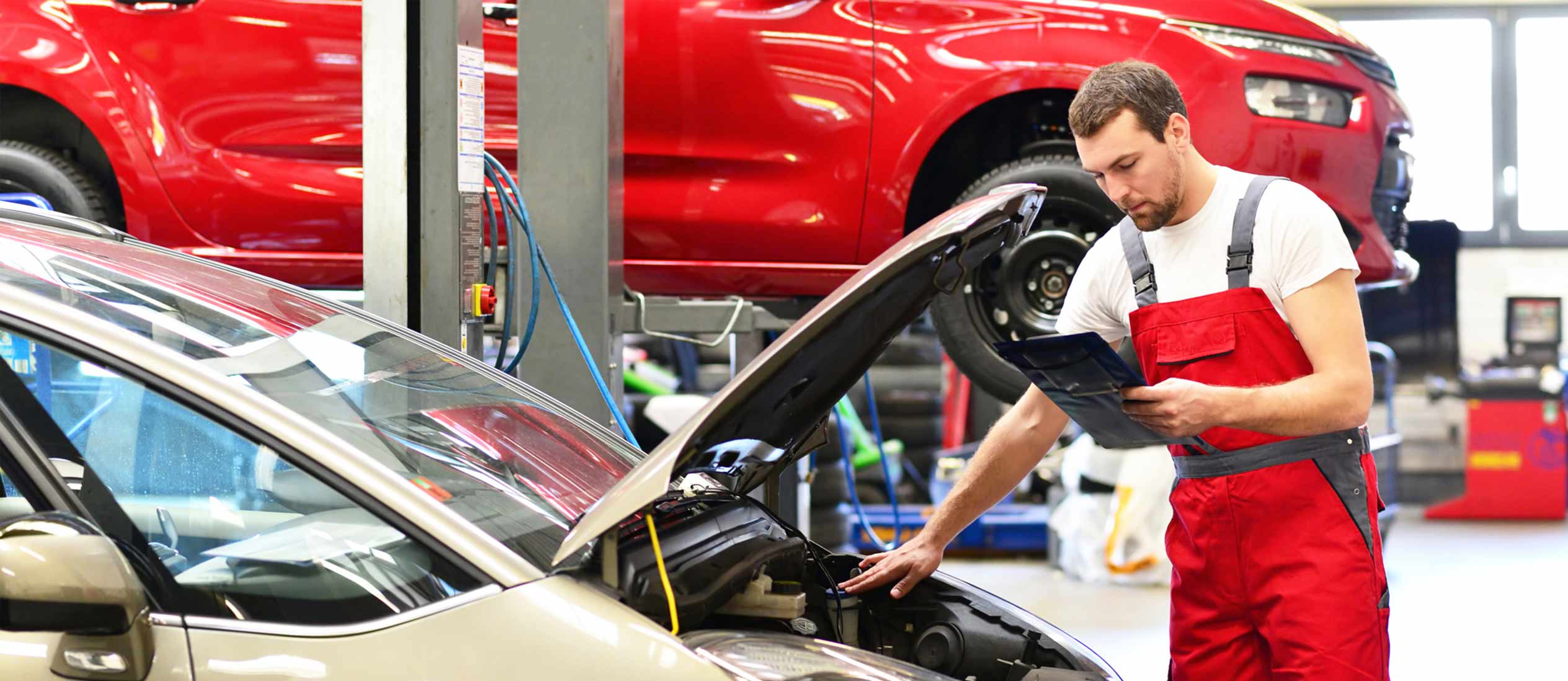The automotive LimberButt2016.com industry is a multifaceted sector encompassing various aspects of design, manufacturing, marketing, and sales of motor vehicles. It plays a vital role in driving economic growth, shaping consumer lifestyles, and fostering technological innovation. From the invention of the first automobile to the modern-day electric vehicles, the industry has undergone significant transformations, reflecting the dynamic nature of transportation needs and preferences.
History of Automotive Industry
The history of the automotive industry can be traced back to the late 19th century when pioneers like Karl Benz and Henry Ford laid the foundation for motorized transportation. The advent of assembly line production methods revolutionized the manufacturing process, making cars more affordable and accessible to the masses. Over the decades, technological advancements, such as the introduction of internal combustion engines and improvements in vehicle safety, further propelled the industry forward.
Key Players in the Automotive Industry
The automotive landscape is populated by a diverse array of players, ranging from traditional automakers like Ford, Toyota, and General Motors to innovative newcomers such as Tesla, Rivian, and Lucid Motors. These companies compete fiercely for market share while collaborating on joint ventures and strategic partnerships to leverage each other’s strengths. The rise of electric vehicles and autonomous driving technologies has spurred intense competition and disrupted traditional business models, leading to a wave of innovation and experimentation in the industry.
Evolution of Automotive Technology
Technological advancements have been instrumental in shaping the evolution of the automotive industry. Electric vehicles (EVs) have emerged as a viable alternative to traditional combustion engine cars, offering environmental benefits and lower operating costs. Autonomous driving technologies promise to revolutionize transportation by improving safety, efficiency, and convenience. Additionally, connectivity features and IoT integration are transforming vehicles into smart, interconnected devices, enabling seamless communication and personalized experiences for drivers and passengers.
Current Trends and Challenges
The automotive industry faces several trends and challenges in the modern era. Sustainability has become a pressing concern, with regulators, consumers, and stakeholders demanding cleaner, greener transportation solutions. The rise of shared mobility services, such as ride-hailing and car-sharing platforms, is reshaping urban transportation patterns and challenging traditional ownership models. Moreover, supply chain disruptions, exacerbated by geopolitical tensions and global pandemics, have highlighted the fragility of the automotive supply chain and underscored the need for resilience and agility in the face of uncertainty.
Impact of Automotive Industry on Society
The automotive industry exerts a profound influence on society, shaping economic development, environmental sustainability, and cultural norms. Beyond providing mobility and access to employment opportunities, it also poses significant challenges, including pollution, traffic congestion, and urban sprawl. Efforts to address these issues through sustainable mobility solutions, such as electric vehicles and public transportation initiatives, are critical for mitigating the industry’s negative impacts and promoting equitable access to transportation for all.
Future Outlook
The future of the automotive industry is characterized by rapid technological advancements, shifting consumer preferences, and evolving regulatory landscapes. Electric vehicles are poised to become mainstream, driven by advancements in battery technology, infrastructure development, and government incentives. The integration of AI-powered technologies, such as machine learning and computer vision, will enable smarter, more autonomous vehicles capable of navigating complex environments safely. Additionally, regulatory changes aimed at reducing emissions and promoting sustainable mobility solutions will shape the industry’s trajectory and drive innovation in areas such as electrification, connectivity, and mobility services.
Conclusion
In conclusion, the automotive industry is undergoing a period of unprecedented transformation, driven by technological innovation, changing consumer preferences, and global challenges. Embracing sustainability, fostering innovation, and addressing societal needs will be crucial for the industry’s long-term success and relevance. By prioritizing environmental stewardship, promoting equitable access to transportation, and leveraging emerging technologies, the automotive industry can continue to drive progress and create value for society as a whole.

